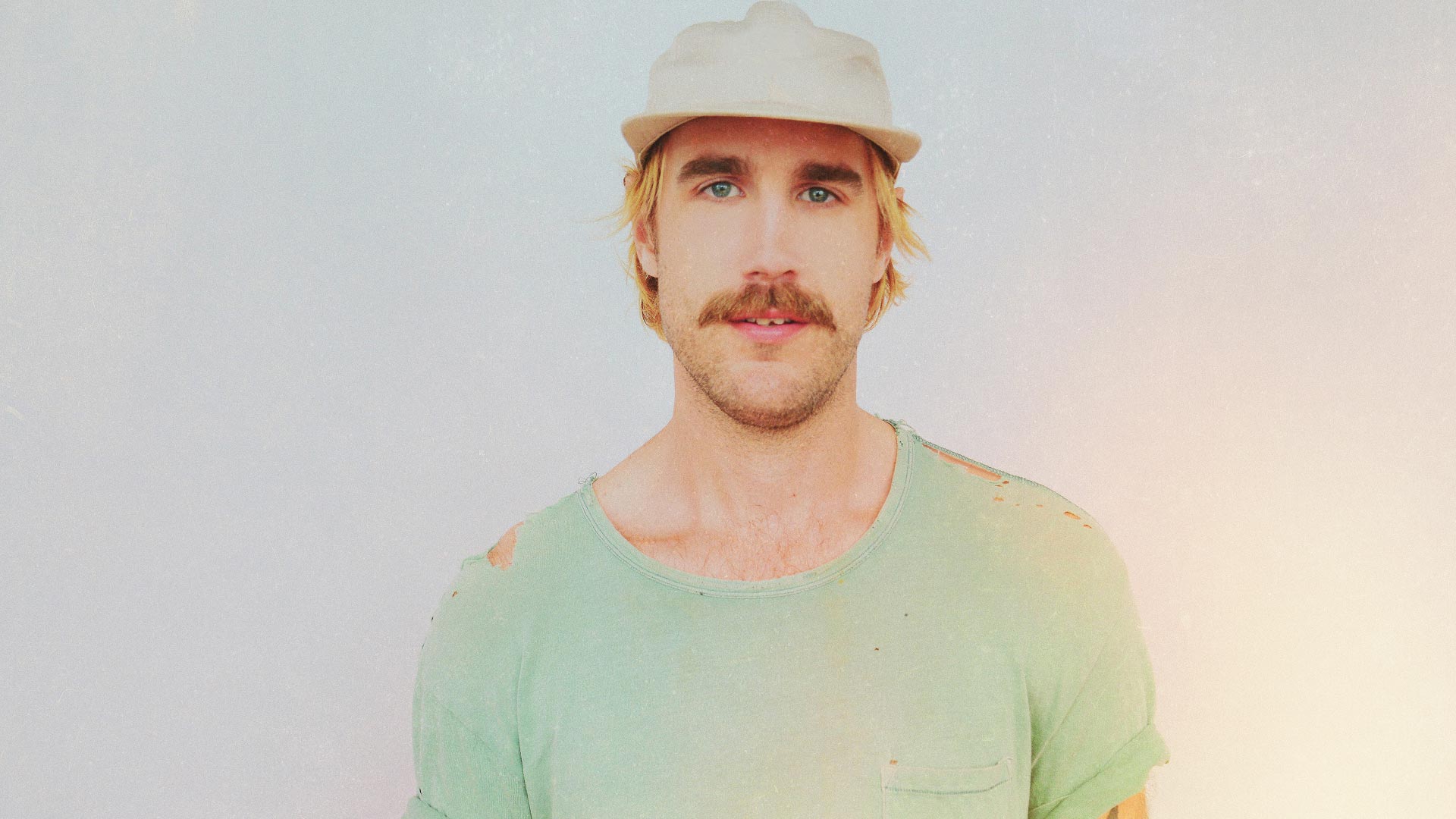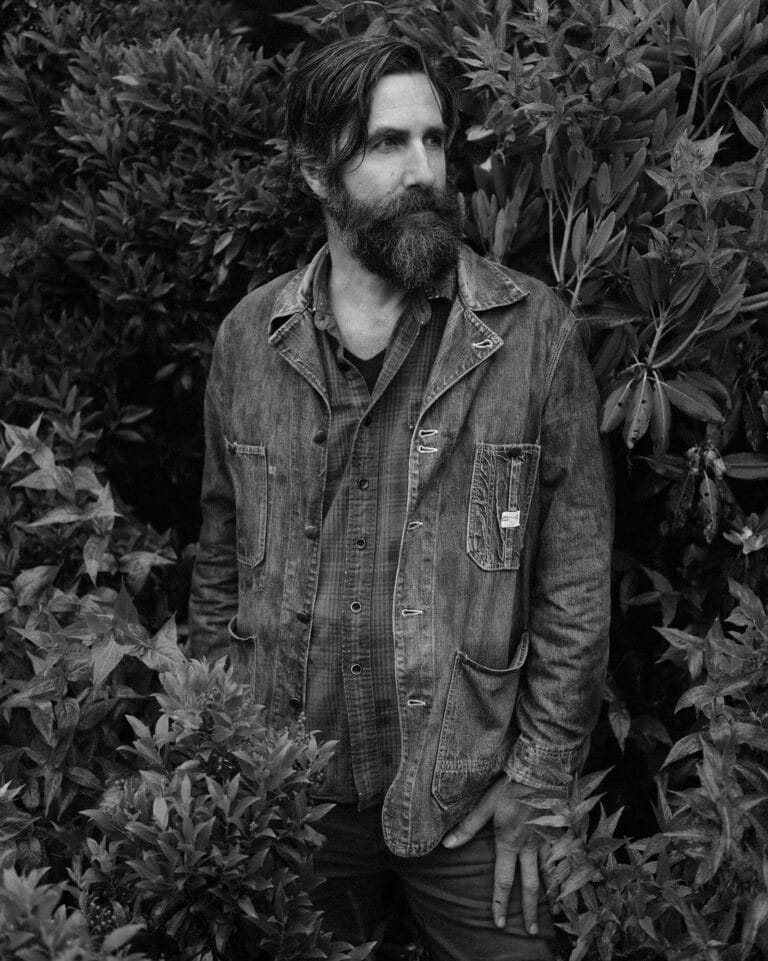Rayland Baxter sounds enlightened—lyrically and sonically—on his new album, Wide Awake. On previous efforts, the Nashville-based singer-songwriter, who’s toured with the Lumineers and the Head and the Heart, delivered wise observations with loose Americana grace, but this time he tightened his focus and crafted taut, vintage pop songs with shimmering Beatles-esque hooks. Baxter started the record by moving into an old tire factory turned studio in rural Kentucky, where he wrote intensely in isolation. There he came up with topical songs, sharing his take on gun control (“79 Shiny Revolvers”) and debt (“Casanova”) with sly humor and heartfelt optimism.
When it was time to record, Baxter teamed up with producer Butch Walker and assembled a dynamic backing band that included Cage the Elephant’s Nick Bockrath and Dr. Dog drummer Eric Slick to fulfill his vision. He muses on the shaky state of the world with the resilience of a positive groove.
Tell me about your writing retreat at the old factory in Kentucky.
Around Halloween of 2016, I moved into my buddy’s recording studio that he, at that point, was just building piece by piece. I lived in there for three months; I had a bed, a Wurlitzer, and an old 1950s Gibson guitar that my dad gave me. I started writing, all day every day.
I remember when I first started listening to Bob Dylan, and learning about how he would hole up in the Chelsea Hotel. That focused process worked for a lot of my favorite writers, and it’s something I’ve always wanted to do. I like my time alone.
This record is more political than your past work. How did that thread in your writing start?
The news channel was always on in the kitchen, so at first I was checking in on the Cubs winning the World Series. Then (after the Presidential election) this whole shift of power went down, and I noticed this rage but also people trying to come together with acceptance and love. I started analyzing my own thoughts and writing about them. That gets to the album title, Wide Awake. I wanted to write songs about some topical issues, but also just become a better songwriter.
At the same time the musical arrangements are upbeat and pop-driven.
That came when I was writing. I decided I wanted to make simple pop-form songs that people could carry around and not lose in a confusing chord progression. That was my focus, and then the great group of musicians I worked with made it happen. Butch Walker, who produced and played bass, is a singer-songwriter himself. Eric Slick is an incredible drummer who really got behind the groove of the rhythm guitar I set in the song demos. Everyone knew how to service the songs and lift them up.
Did you find some personal resolution by the end of the album, hence the closer, “Let It All Go Man”?
I think we all lose sight of the purpose of being a human being. It’s not to make money or voice our opinions on the Internet. The true purpose is to see the world for the beautiful thing that it is. It’s nice to appreciate a sunset dipping behind the mountains, or at least to find something like that every day. That song really is about an approach—a mentality.
Your dad, Bucky Baxter, appears on the album. Did his past work as a guitarist with the greats like Dylan and Steve Earle influence you when you were growing up?
It does now. When I was a kid I knew it was cool, but I wasn’t really concerned with all that. As time has gone on, I’ve really started to appreciate it. Now when I go back and listen to a Dylan album with my dad on it, I feel a different connection to the music. It adds more fuel to the fire for what I’m doing now.
You’ve mentioned in the past that you’re into the outdoors. These days, how do you like to stretch your legs in between tour stops?
On my off days I like to paddle down a river or take really long walks. When I’m home in Nashville, my family has secluded property outside of the city where I go fishing with my pops.
Rayland Baxter headlines the first night of the Devils Backbone Hoopla Festival in Roseland, Va. (September 28).








